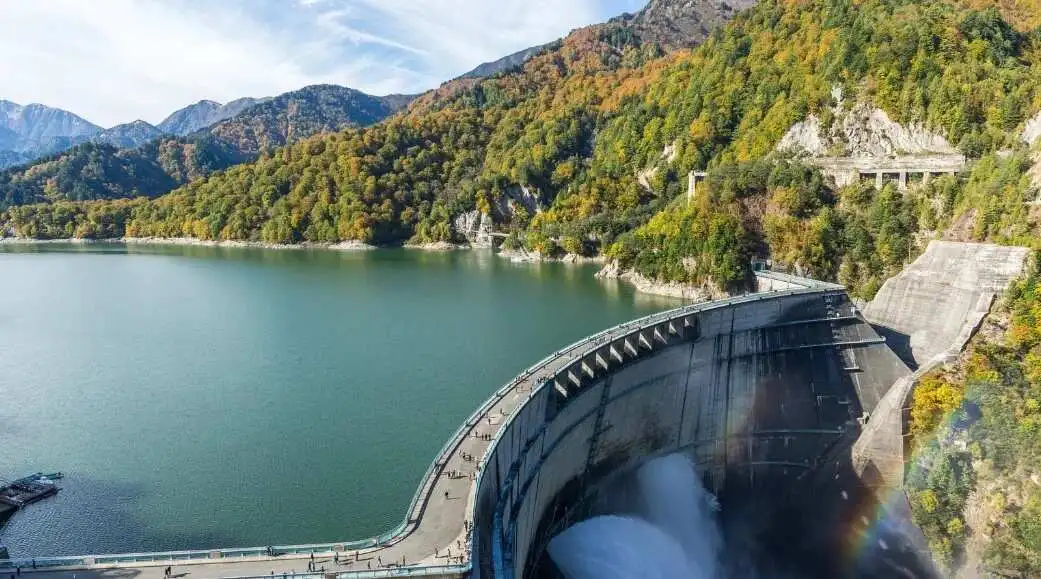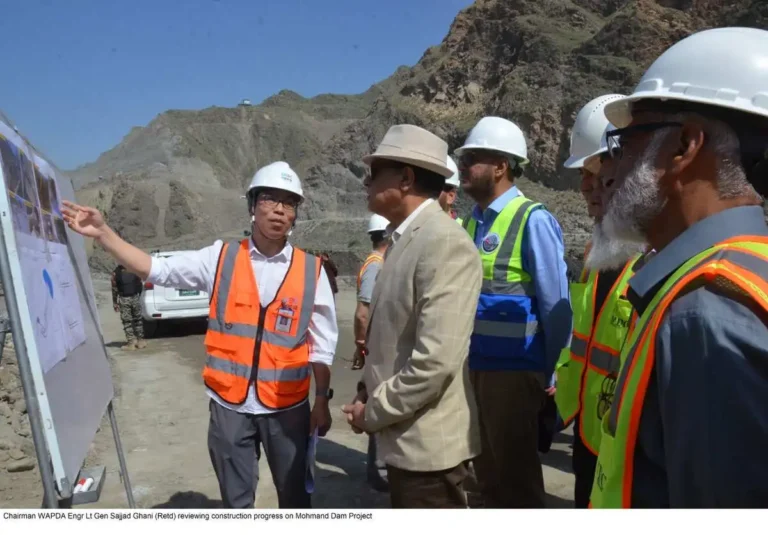Study Recommends Diligent Dam Planning to Minimize Community Displacement
A study has suggested to conduct due diligence of plans to build dams while keeping in view of the alternate resources of generating electricity to avoid issues of displacement of local communities.
According to press release, the event, organized jointly by ZiZAK, a private consultancy firm headed by Dr Abbas, and Policy Research Institute for Equitable Development PRIED, an independent think-tank based in Islamabad.
The study highlights the fact that dams are not the ‘only way’ to get power and water storage. Many externalities, especially the displacement of local communities, can be completely avoided in alternate approaches.
The study recommends that every dam proposal/project must pass through the sieve of due-diligence matrix vis-a-vis alternate proposals. The matrix will justify, on knowledge base, where to invest.
While addressing a ceremony of launching a report, Dr Hassan Abbas, a renowned water expert drew attention of the communities displaced due to building dams as well as their climatic, ecological and geological footprints.
He said that instead of making any money from Tarbela dam, Pakistan suffered a net loss of more than 200 billion dollars because of its external costs that the relevant government departments and international lending agencies such as the World Bank do not take into account.
Asghar Hussain, co-author of the study, explained its methodology and stressed on hydropower projects against other power production options such as solar, wind, coal and other fossil fuels.
Dr Ahsan Kamal, a researcher at the Quaid-e-Azam University said that one of the most devastating impacts of hydropower projects in Pakistan have happened in the Indus Delta where, according to a World Bank estimate, more than 15 million people have been displaced by them.
Taking part in a roundtable discussion during the event, representatives of communities affected by Tarbela, Neelum-Jhelum and Dasu dam said the government neither consulted them before building hydropower projects on their ancestral lands nor did it compensate them adequately for their economic, environmental, social and cultural losses.
Shahid Hamid, an advisor of the Water and Power Development Authority (Wapda), Imtiaz Hussain Balcoh, a direct at the National Electric Power Regulatory Authority (Nepra) and Humayun Khan Mohmand, a senator from the opposition party, Pakistan Tehreek-e-Insaf (PTI), on the other hand, defended the hydropower projects.
They contended that all development projects had costs and benefits and they must be carried out if their benefits outweigh their costs. The hydropower projects, they argued, had resulted in both industrial and agricultural growth in Pakistan which could not have been possible without them.







